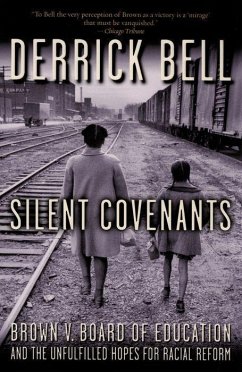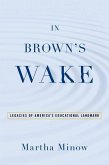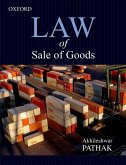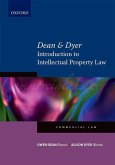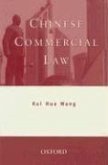Instead, the Brown decision actually enraged and energized its opponents. It stirred confusion and conflict into the always vexing question of race in a society that, despite denials and a frustratingly flexible amnesia, owes much of its growth, development, and success, to the ability of those who dominate the society to use race to both control and exploit most people, black and white. Racial policy, Bell maintains, is made through silent covenants - unspoken convergences of interest and involuntary sacrifices of rights - that ensure that policies conform to priorities set by policy-makers. Blacks and whites are the fortuitous winners or losers in these unspoken agreements. The experience with Brown, Bell urges, should teach us that meaningful progress in the quest for racial justice requires more than the assertion of harms. Strategies must recognize and utilize the interest-convergence factors that strongly influence racial policy decisions. In "Silent Covenants", Bell condenses more than four decades of thought and action into a powerful and eye-opening book.
This book combines the personal reflections of a civil rights lawyer who personally handled dozens of school desegregation cases with a stunning argument against the perfect precedent of Brown vs Board of Education. Bell argues that an alternative Brown opinion that retained the separate but equal standard, but required its full enforcement, would have been more effective in combating racial discrimination than the decision handed down. Alesson of Brown is that equaleducational opportunities for African -Americans were sacrificed to white interests. As a result of these sacrifices- or silent covenants- inequalities continue to haunt the nation. The Brown decision has played an important role in maintaining the racial divide its proponents hoped toclose
This book combines the personal reflections of a civil rights lawyer who personally handled dozens of school desegregation cases with a stunning argument against the perfect precedent of Brown vs Board of Education. Bell argues that an alternative Brown opinion that retained the separate but equal standard, but required its full enforcement, would have been more effective in combating racial discrimination than the decision handed down. Alesson of Brown is that equaleducational opportunities for African -Americans were sacrificed to white interests. As a result of these sacrifices- or silent covenants- inequalities continue to haunt the nation. The Brown decision has played an important role in maintaining the racial divide its proponents hoped toclose

